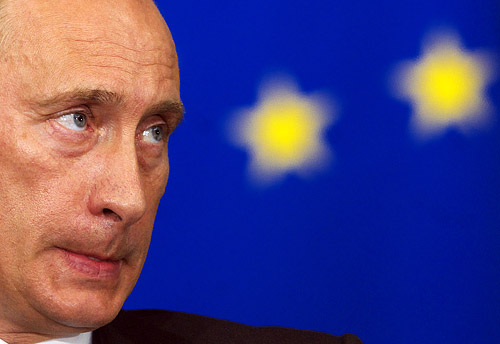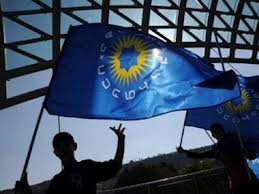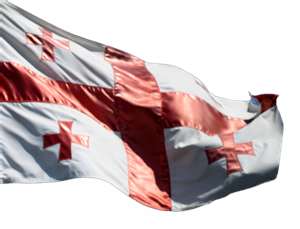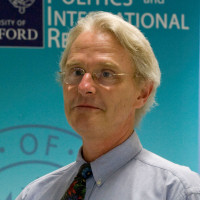
The EU, Russia, and the Caucasus
A funny thing happened in Moscow in September. Meeting with Russian President Vladimir Putin in Moscow at the beginning of the month, Armenia’s President Sargsian announced that Armenia had decided to join the Eurasian Customs Union. The Customs Union and the more general Eurasian Union project are an effort to foster re-integration in the former Soviet space. Sargsian’s statement effectively amounted to a retreat from the agreement between Armenia and the EU on Association. After three years of intense and successful negotiation with the EU, Armenia dumped the project.

Georgia’s Election: Georgian Dream won a shock victory, but we should have seen this coming
On the first of October, 2012, Georgia held parliamentary elections. In Western capitals and analytical circles, it was widely believed that Mikheil Saakashvili’s ruling United National Movement (UNM) would be returned to power. Most polling on political rankings supported this expectation. Some analysts had suggested that the highly unequal impact of Georgia’s impressive growth record was generating significant social discontent, undermining the ruling party’s position. Deepening inequality, sporadically high inflation, persistently high unemployment, and deepening poverty might translate into opposition votes. These people were dismissed as misinformed or deluded cranks, me included.

Russia-Georgia Relations
There is a lot of talk around Russia-Georgia relations these days. One venue is the current “Geneva Process,” established in 2008 to attempt to sort out the mess created by the Georgian-Russian war. After seventeen meetings, there is no evidence of any significant progress. There is also a substantial array of informal processes involving all kinds of well-intentioned people from London, Washington, Georgia and Russia. They haven’t had any discernible impact either. Outsiders have a substantial interest in the normalization of the bilateral relationship. The situation between Georgia and Russia complicates the Western reset of relations with the Russian Federation. The unresolved conflict between the two obstructs Russia’s accession to the World Trade Organization. Although the situation on the ground …










